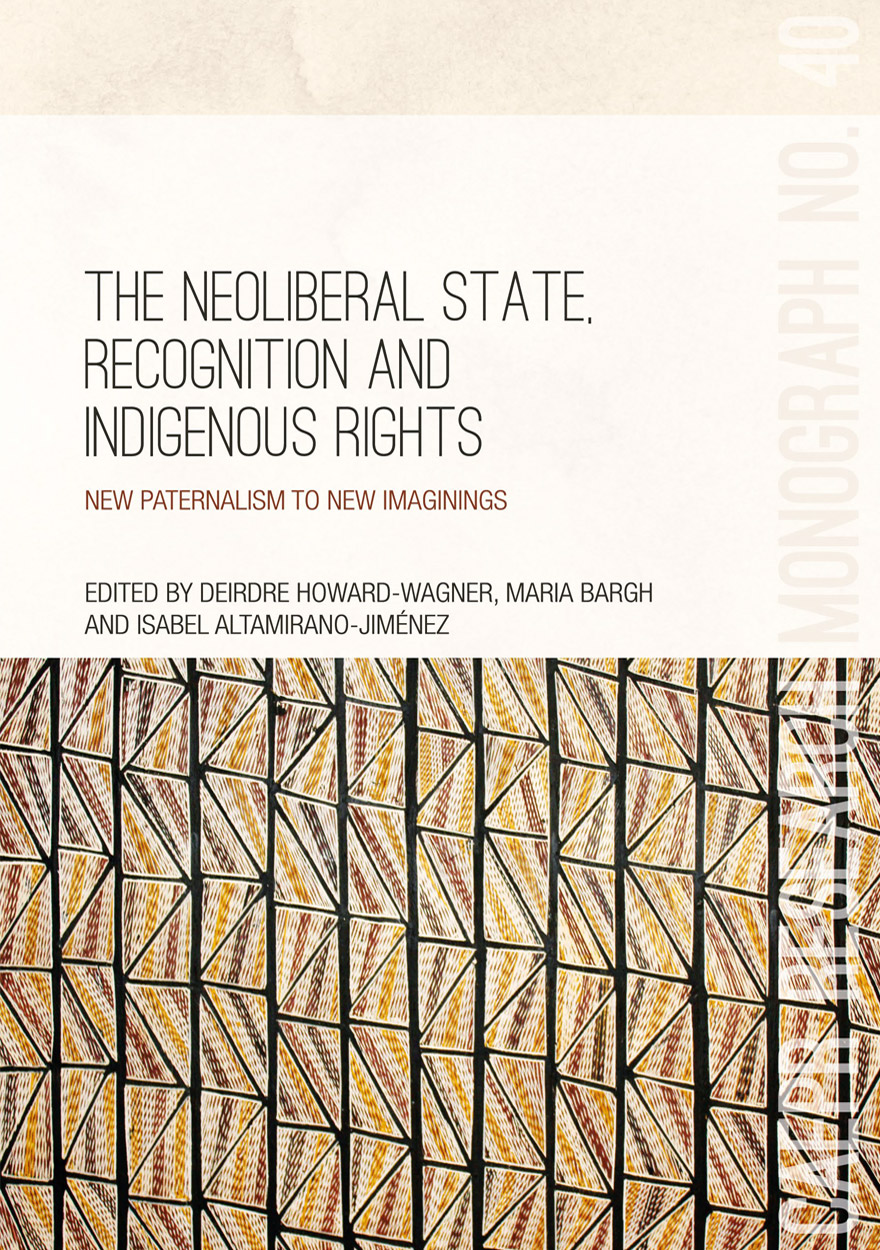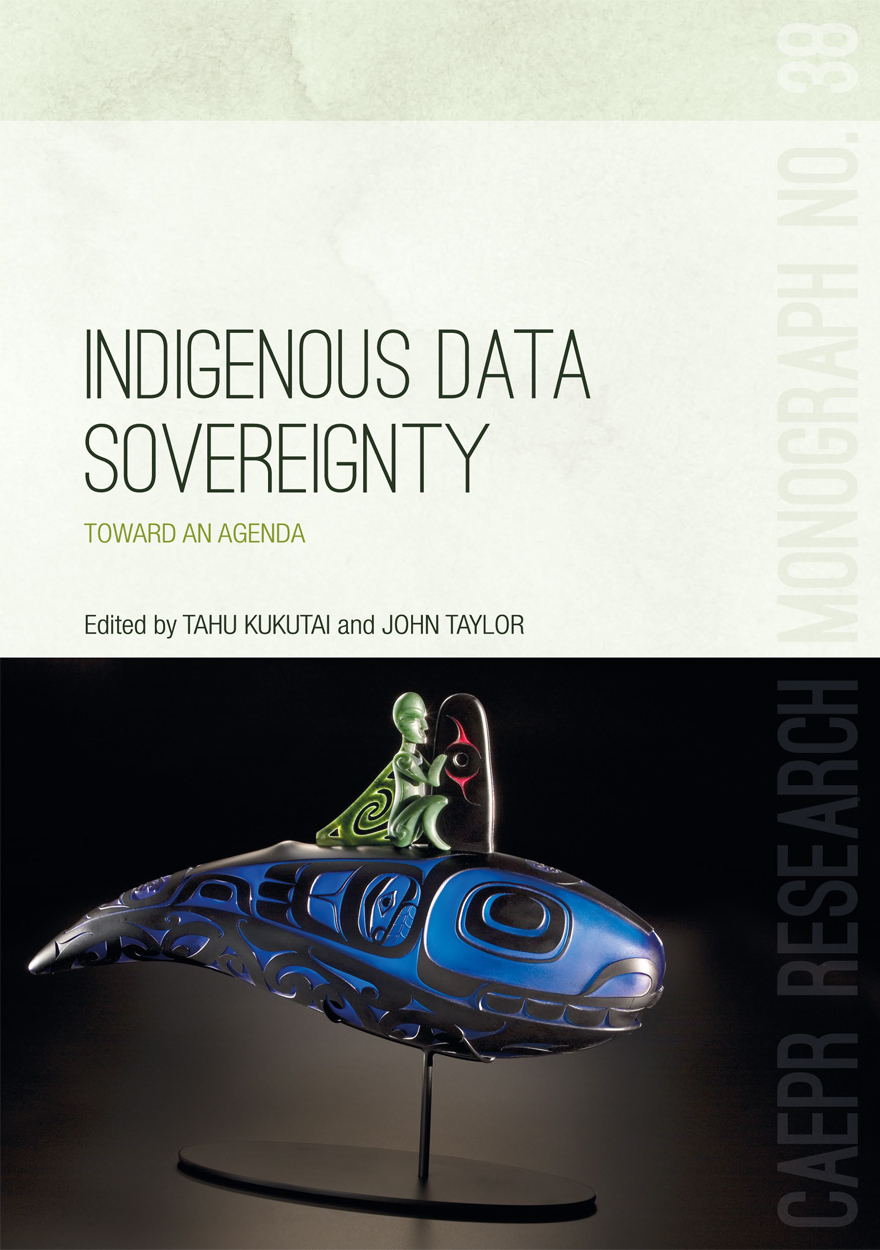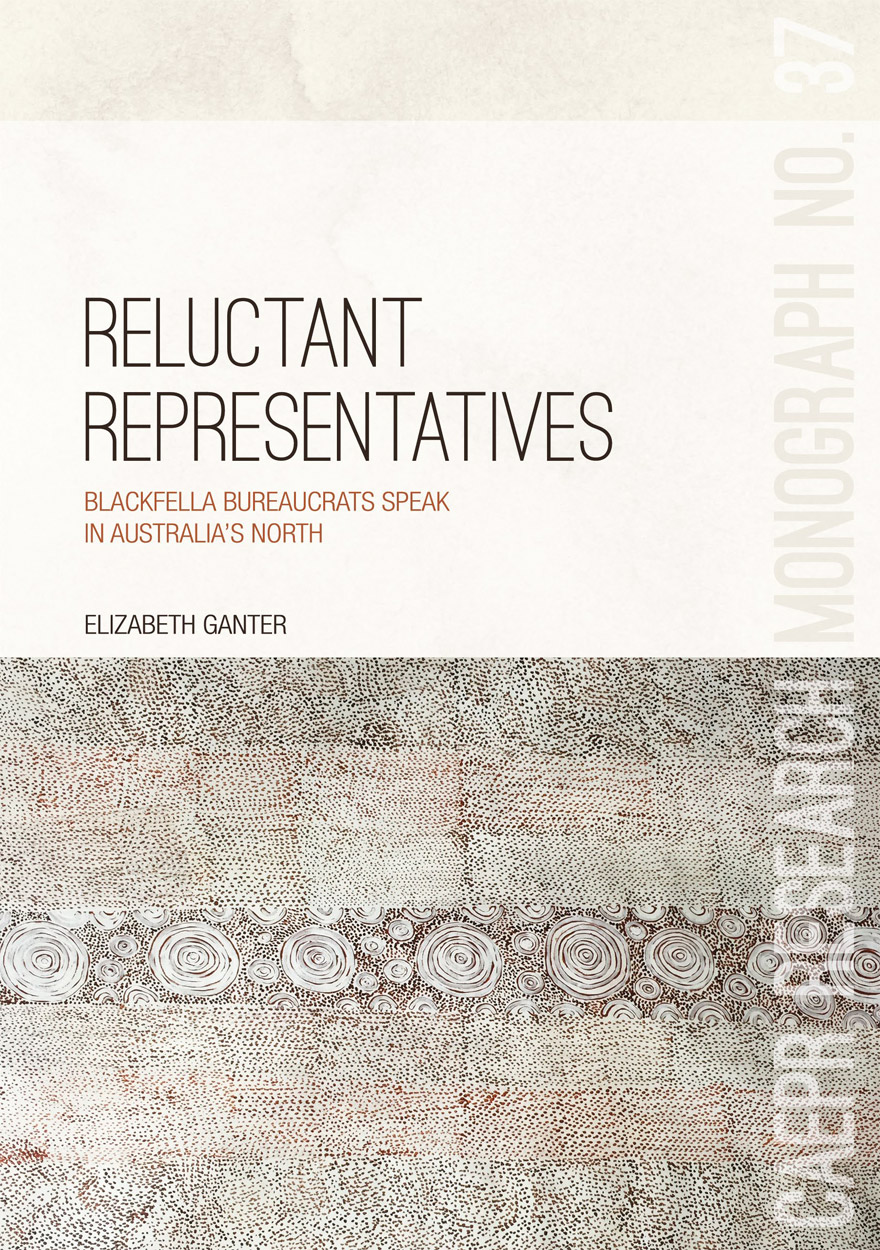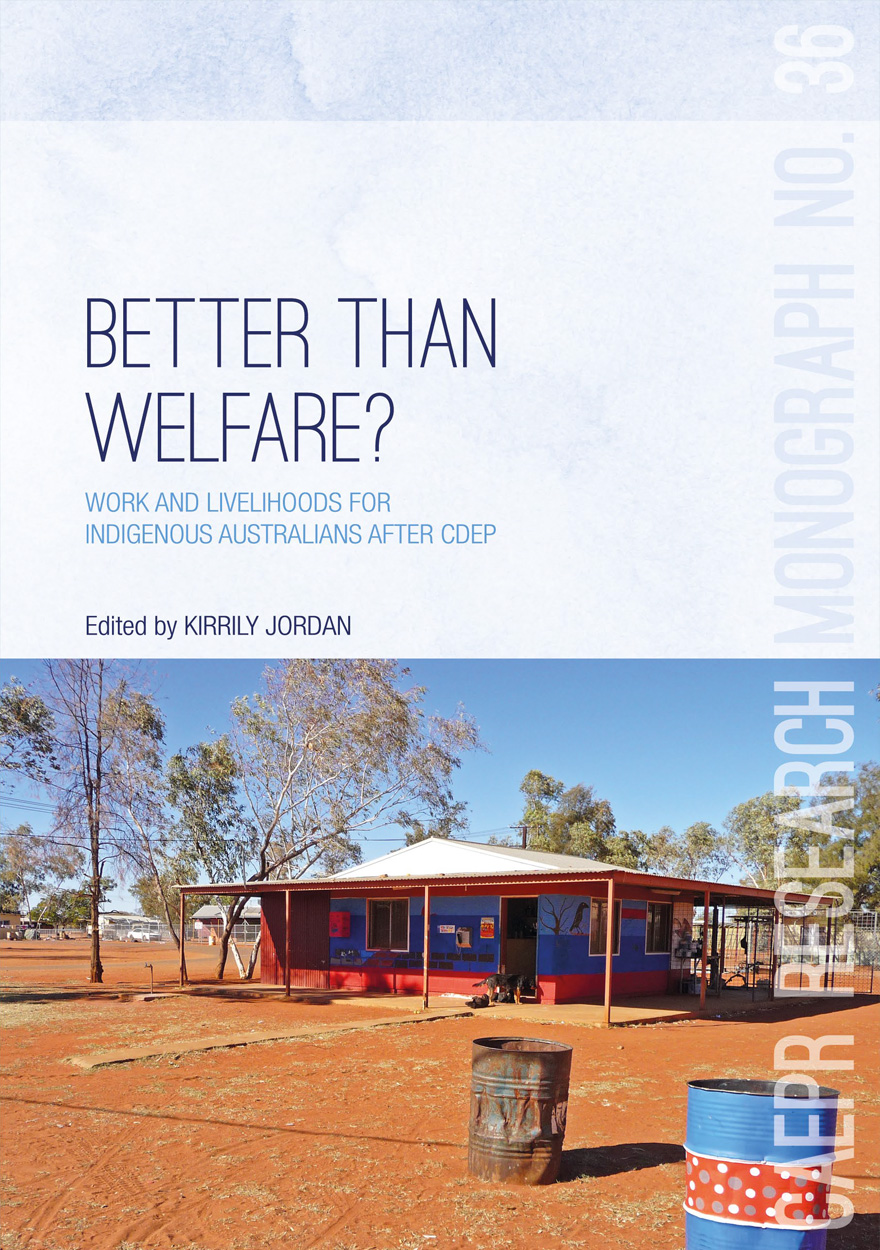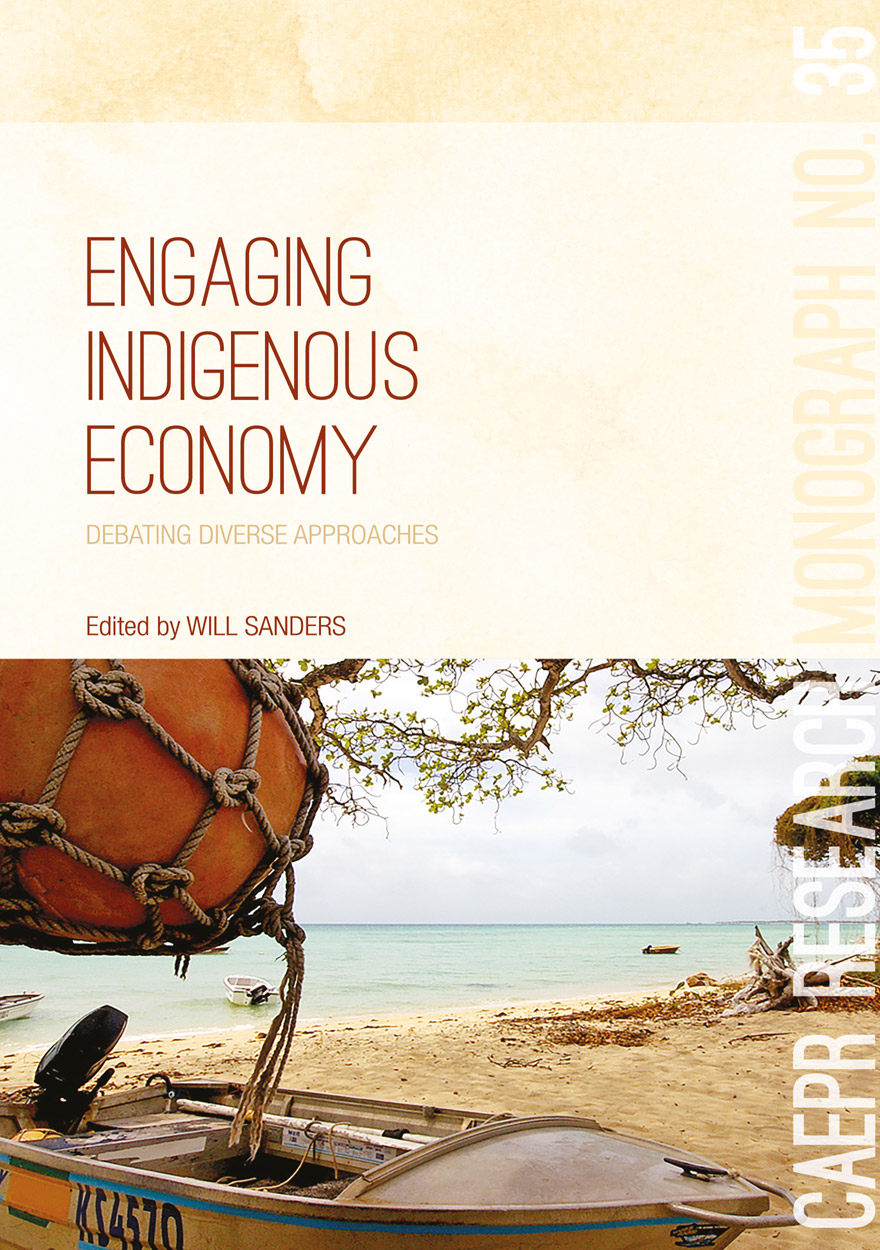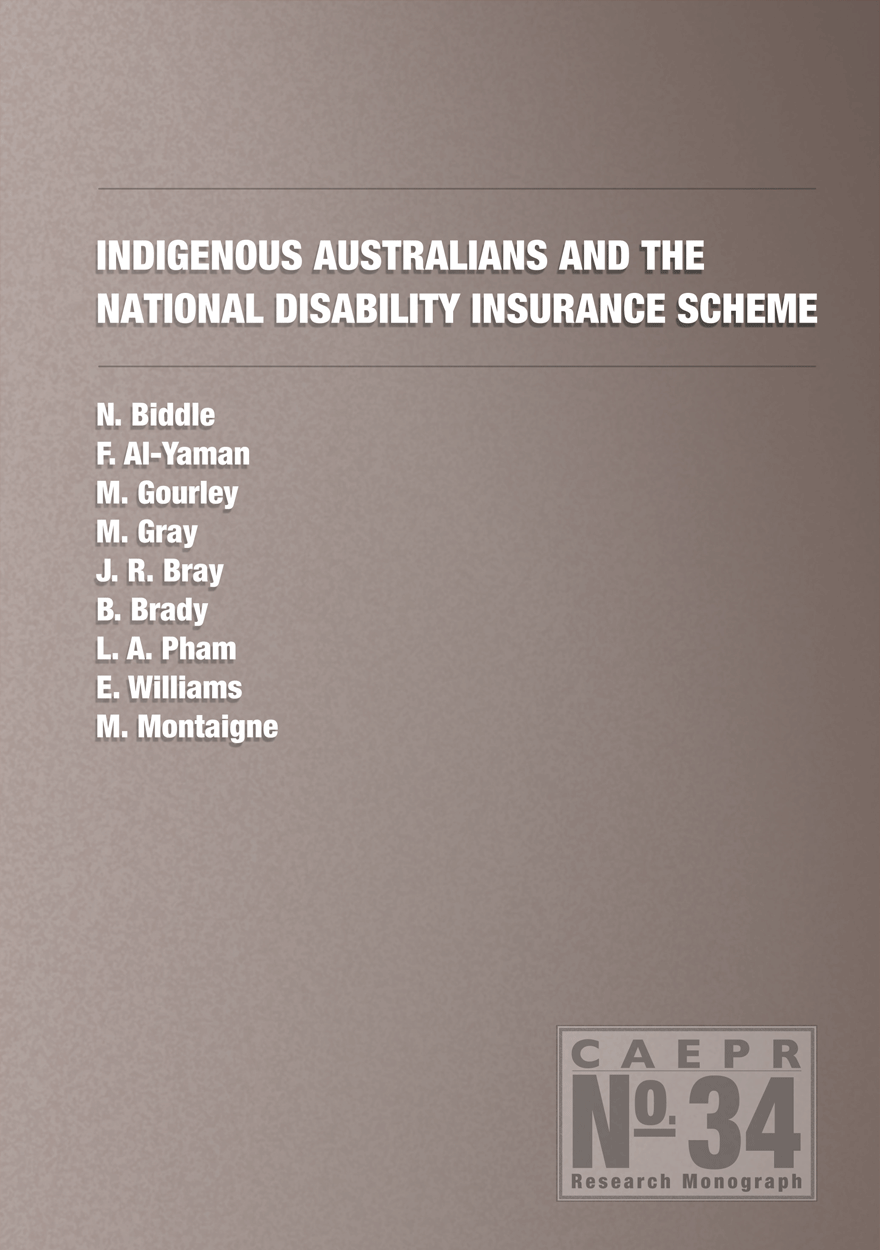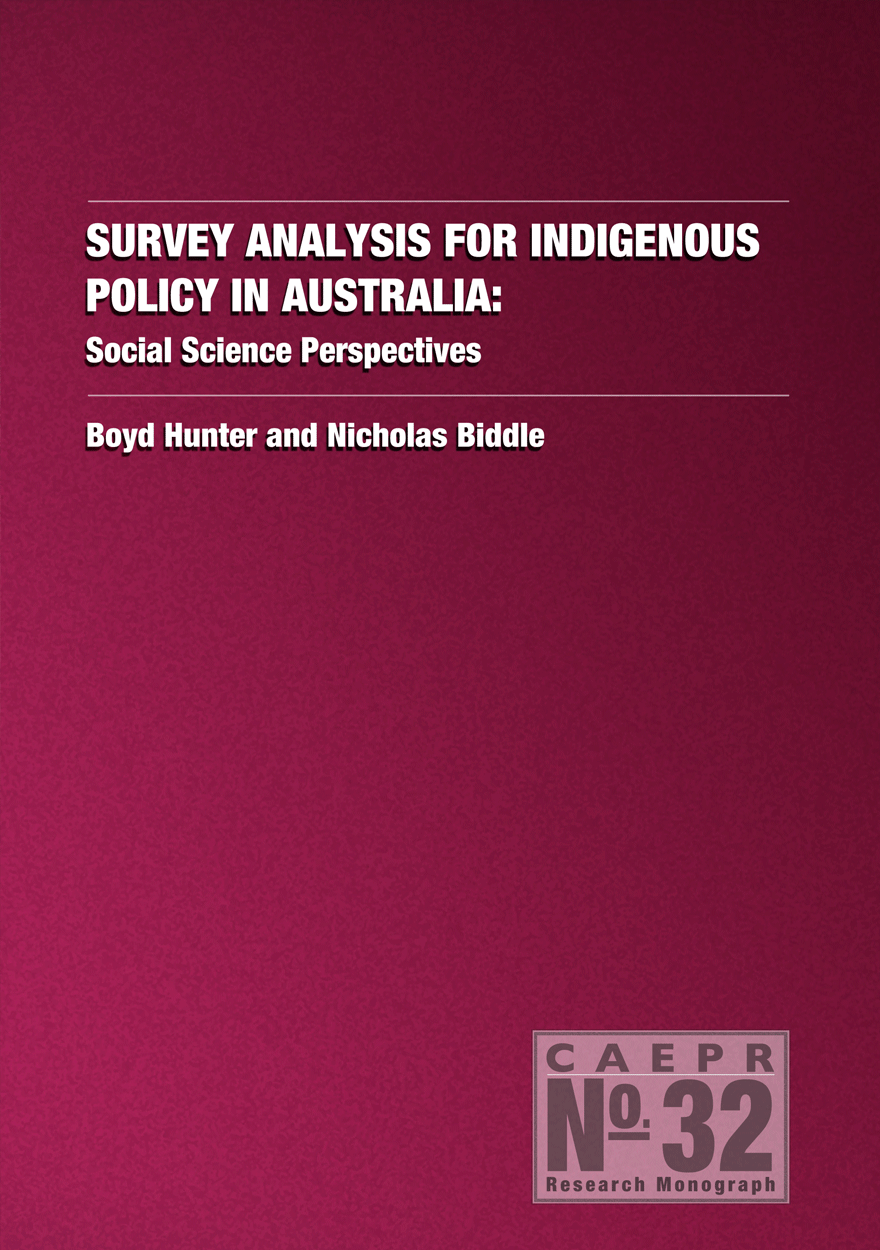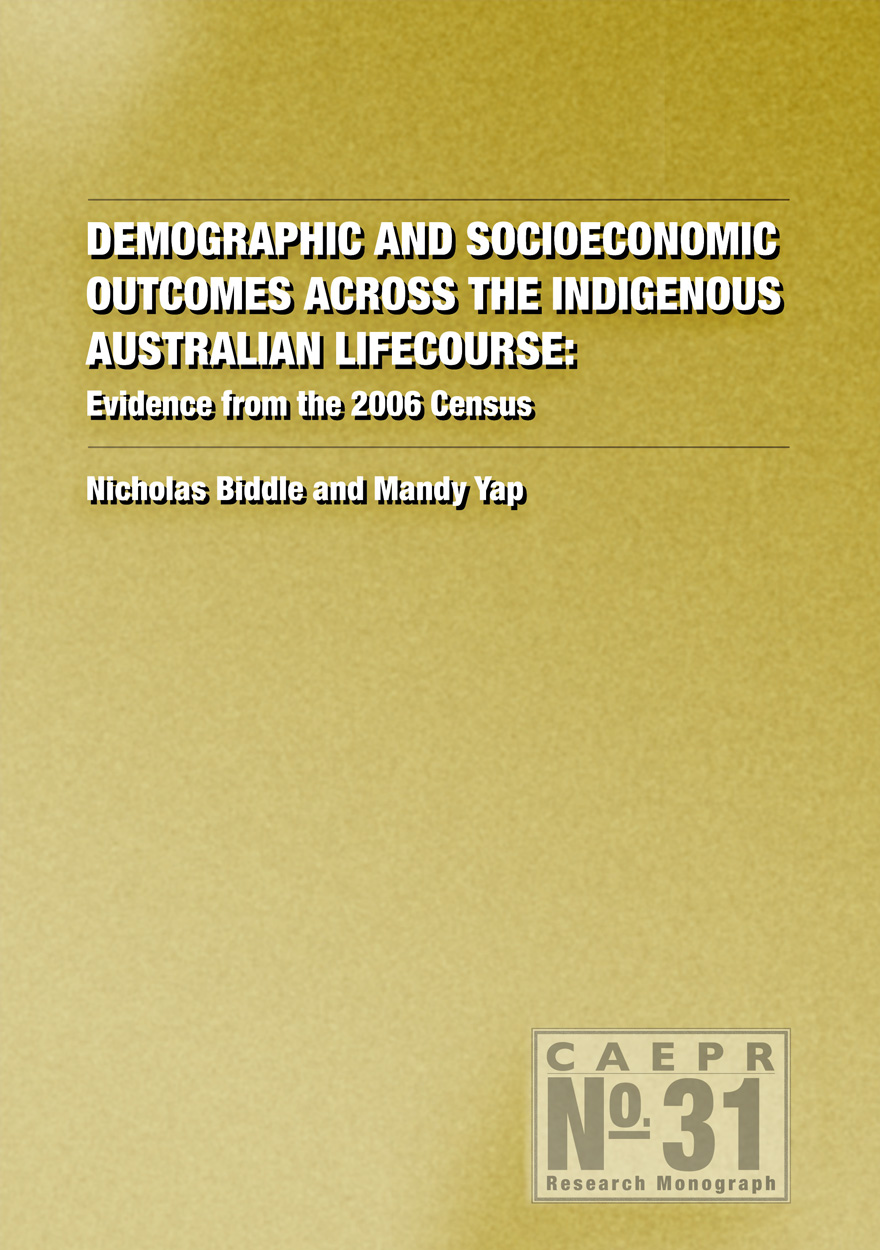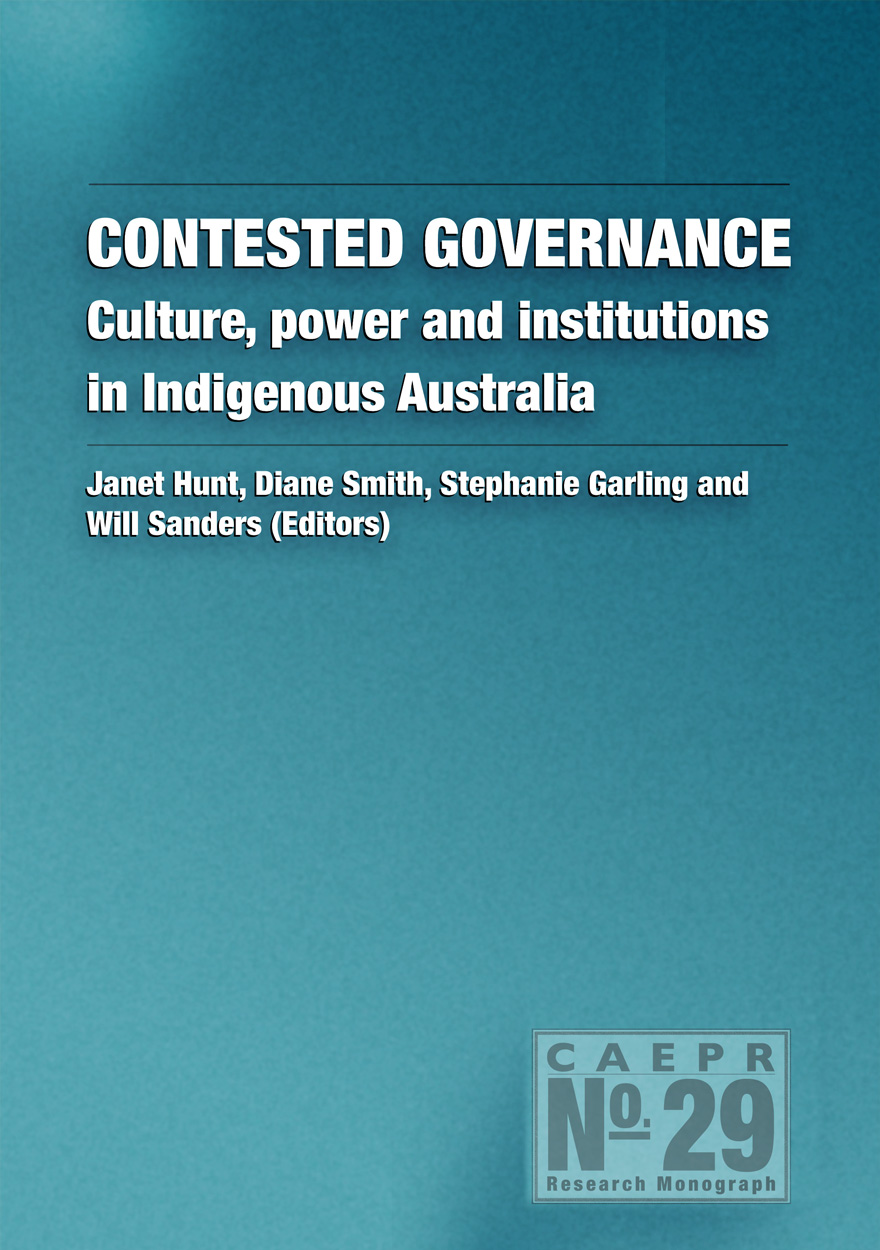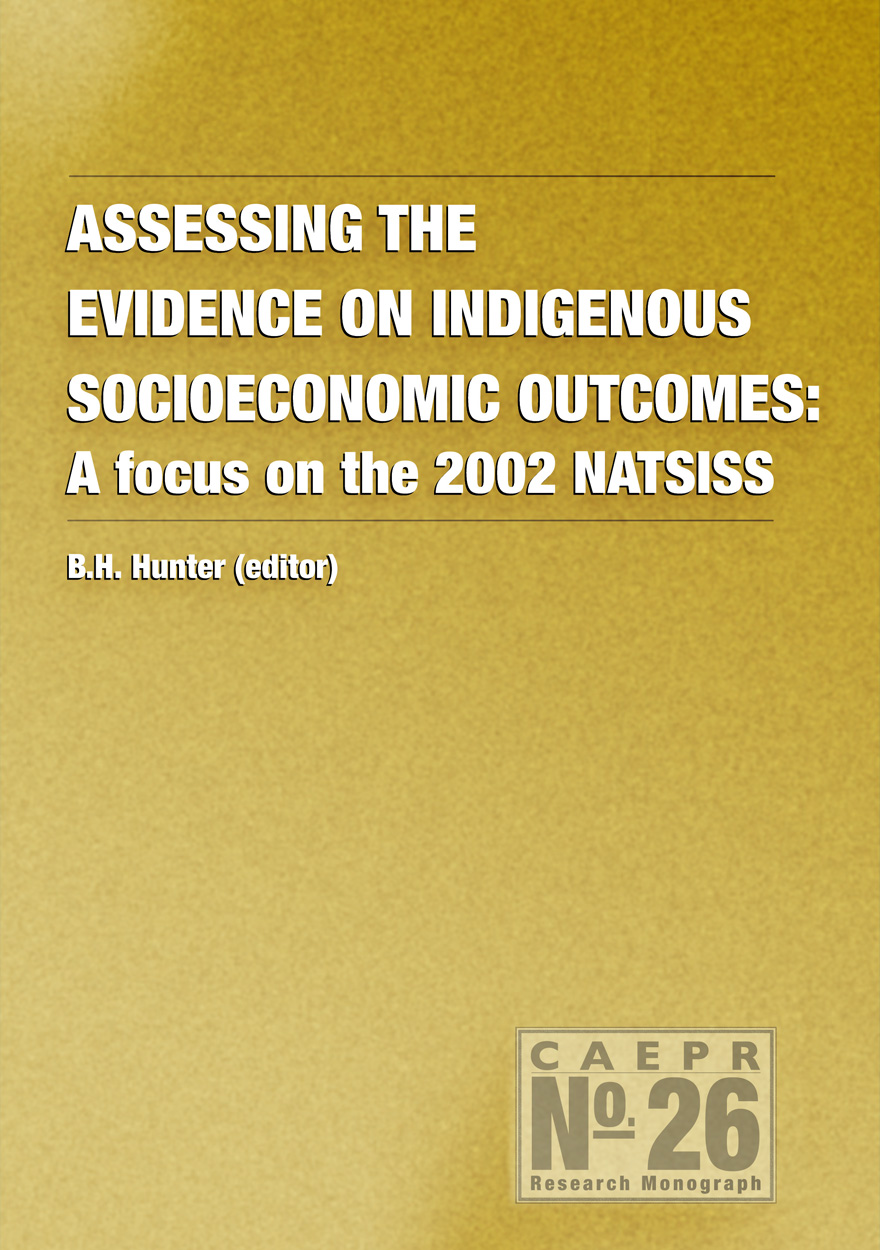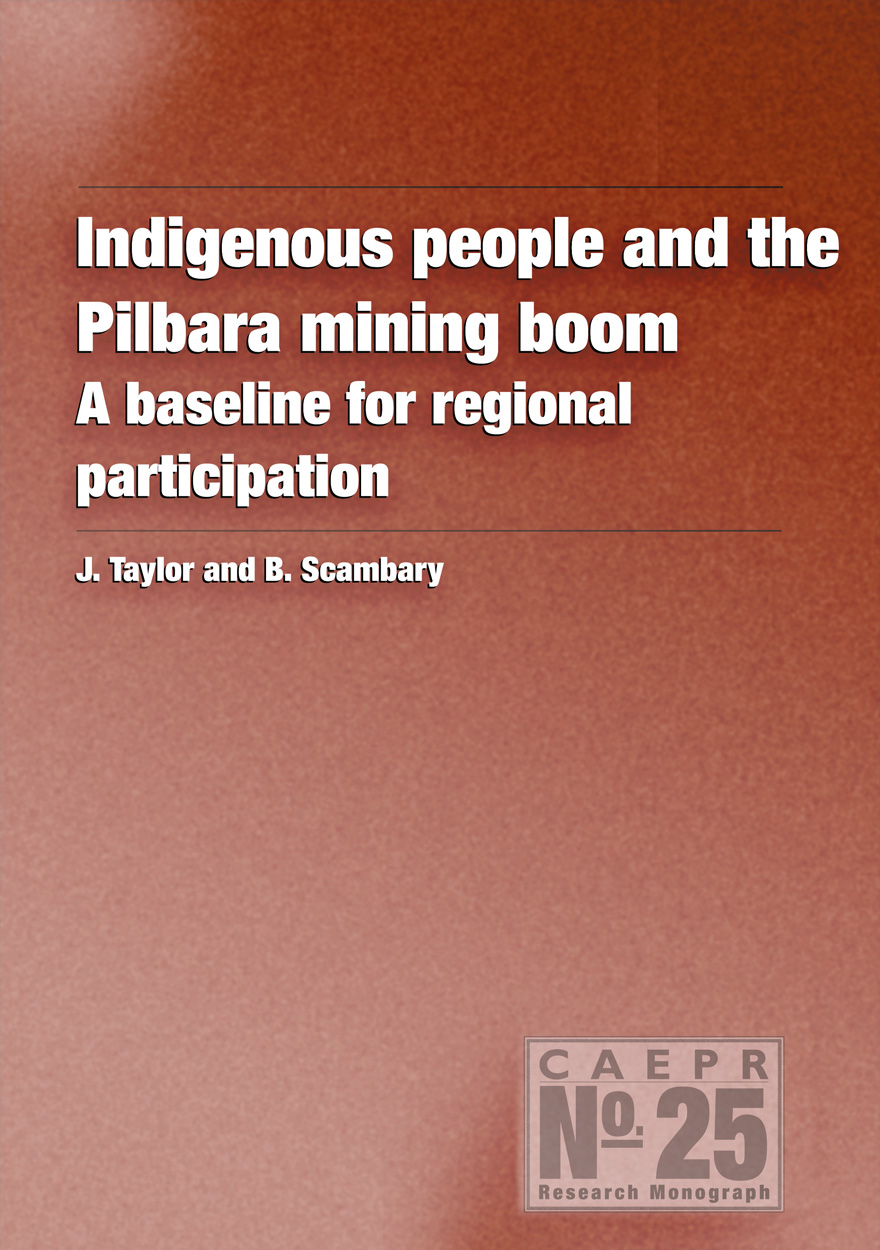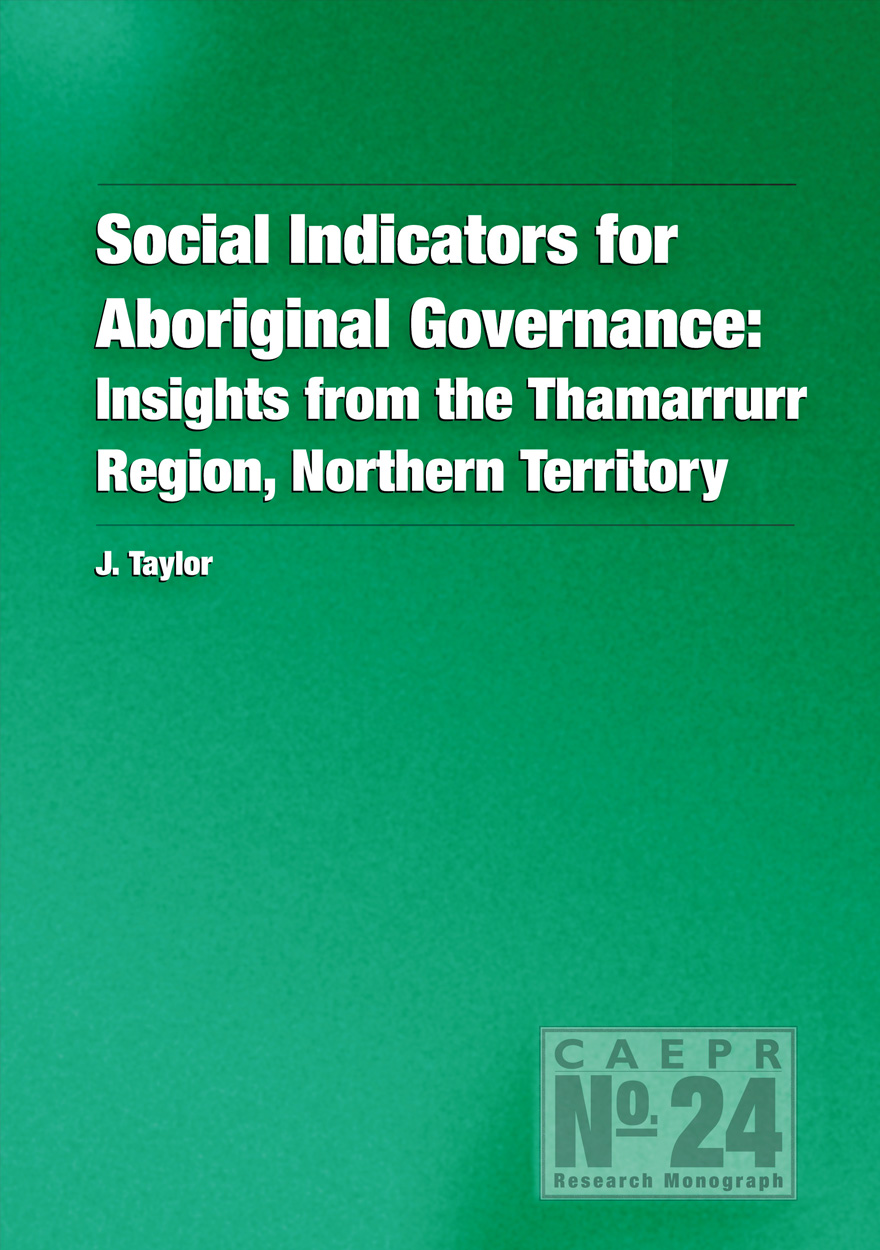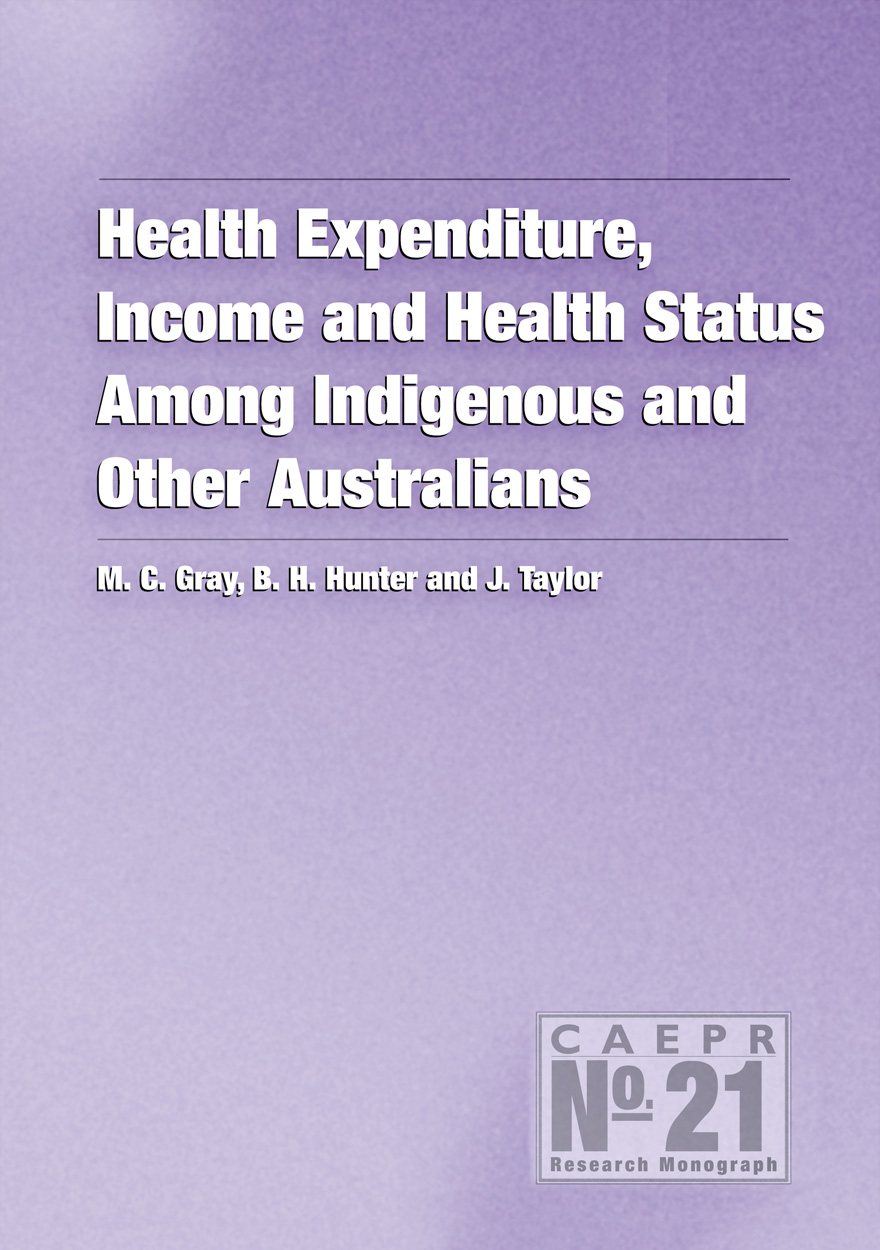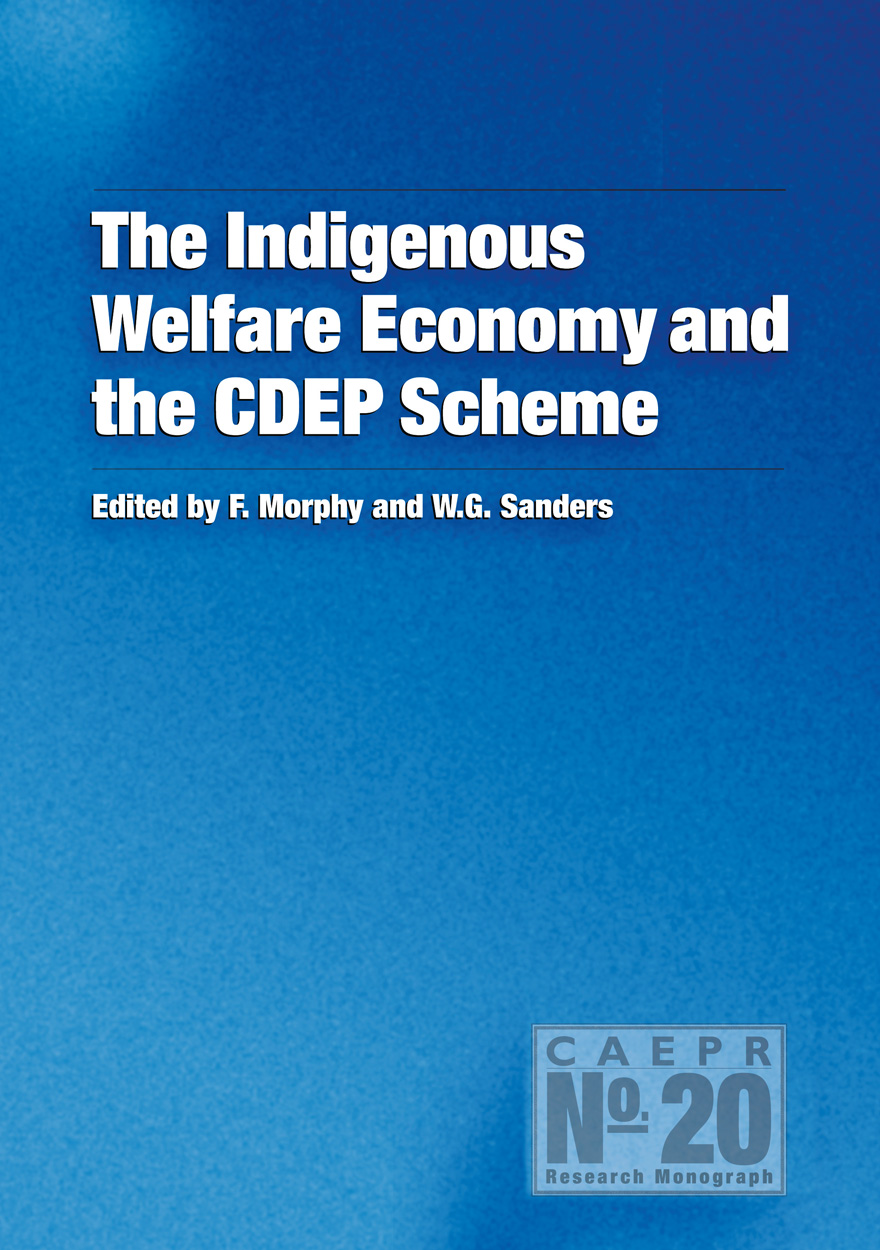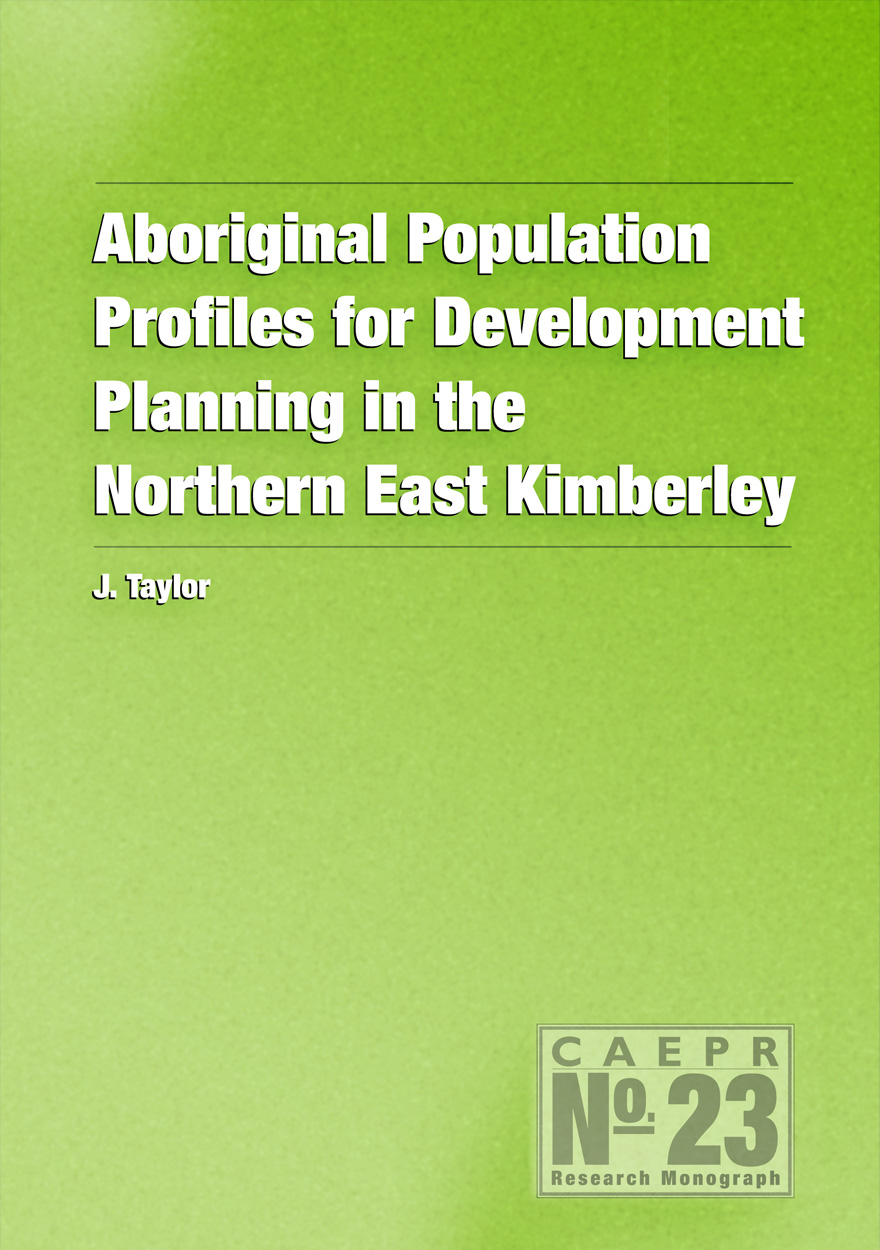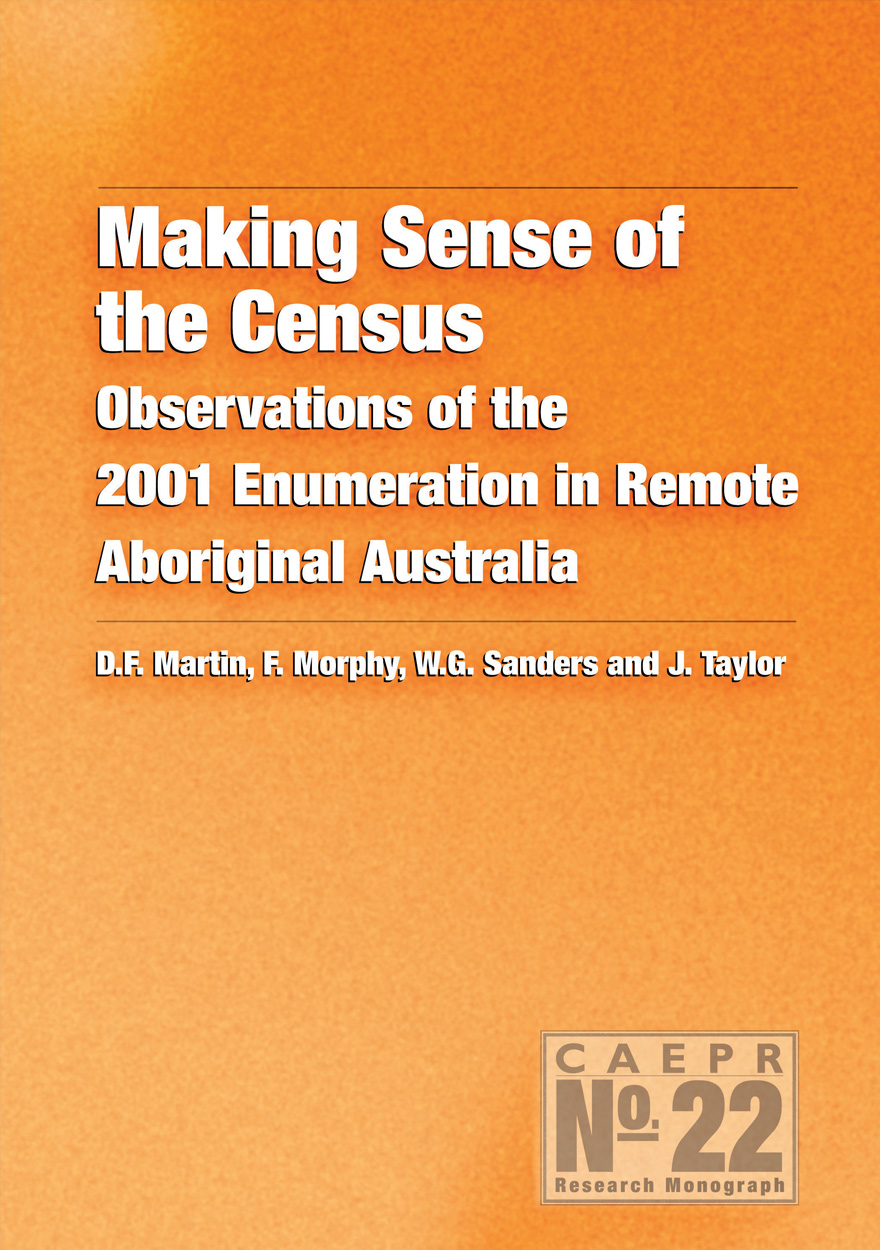Centre for Indigenous Policy Research (CIPR)
The Centre for Indigenous Policy Research (CIPR) was established at The Australian National University in April 1990. The principal objective of CIPR (formerly CAEPR) is to undertake high-quality, independent research that will assist in furthering the social and economic development and empowerment of Aboriginal and Torres Strait Islander people throughout Australia. It aims to combine academic and teaching excellence on Indigenous economic and social development and public policy with realism, objectivity and relevance.
Australia’s major social science research centre focusing on Indigenous economic and social policy from a national perspective, it is a unique national and international centre, a leading research think-tank on Indigenous policy issues, and operates in a complex political arena. Since 1990 it has established an unrivalled reputation and track record in a difficult public policy area of national significance. A central goal at CIPR is to continue to create and build long-term partnerships with Indigenous stakeholders with a view to supporting and working with key individuals and organisations in the areas of research, education and policy development.
A Quiet Revolution in Indigenous Service Delivery »
New Public Management and its Effects on First Nations Organisations
The government Indigenous service market that is now well entrenched in the public administration system has operated to marginalise First Nations people and First Nations organisations, who have had very little say, if any, over the last 20 years
The Neoliberal State, Recognition and Indigenous Rights »
New paternalism to new imaginings
The impact of neoliberal governance on indigenous peoples in liberal settler states may be both enabling and constraining. This book is distinctive in drawing comparisons between three such states—Australia, Canada and New Zealand.
Teaching ‘Proper’ Drinking? »
Clubs and pubs in Indigenous Australia
In Teaching ‘Proper’ Drinking?, the author brings together three fields of scholarship: socio-historical studies of alcohol, Australian Indigenous policy history and social enterprise studies.
Indigenous Data Sovereignty »
Toward an agenda
As the global ‘data revolution’ accelerates, how can the data rights and interests of indigenous peoples be secured?
Reluctant Representatives »
Blackfella bureaucrats speak in Australia’s north
‘How can you make decisions about Aboriginal people when you can’t even talk to the people you’ve got here that are blackfellas?’ So ‘Sarah’, a senior Aboriginal public servant, imagines a conversation with the Northern Territory Public S
Better Than Welfare? »
Work and livelihoods for Indigenous Australians after CDEP
The end of the very long-standing Community Development Employment Projects (CDEP) scheme in 2015 marked a critical juncture in Australian Indigenous policy history.
Engaging Indigenous Economy »
Debating diverse approaches
The engagement of Indigenous Australians in economic activity is a matter of long-standing public concern and debate.
Indigenous Australians and the National Disability Insurance Scheme »
The National Disability Insurance Scheme (NDIS) is one of the major policy innovations of the early 21st century in Australia, representing a new way of delivering services to people with a disability and those who care for them.
My Country, Mine Country »
Indigenous people, mining and development contestation in remote Australia
Agreements between the mining industry and Indigenous people are not creating sustainable economic futures for Indigenous people, and this demands consideration of alternate forms of economic engagement in order to realise such ‘futures’.
Survey Analysis for Indigenous Policy in Australia »
Social Science Perspectives
Indigenous policy is a complex domain motivated by a range of social, cultural, political and economic issues.
Demographic and Socioeconomic Outcomes Across the Indigenous Australian Lifecourse »
Evidence from the 2006 Census
Across almost all standard indicators, the Indigenous population of Australia has worse outcomes than the non-Indigenous population.
Power, Culture, Economy »
Indigenous Australians and Mining
Research over the past decade in health, employment, life expectancy, child mortality, and household income has confirmed that Indigenous Australians are still Australia’s most disadvantaged group.
Contested Governance »
Culture, power and institutions in Indigenous Australia
It is gradually being recognised by both Indigenous and non-Indigenous Australians that getting contemporary Indigenous governance right is fundamental to improving Indigenous well-being and generating sustained socioeconomic development.
Agency, Contingency and Census Process »
Observations of the 2006 Indigenous Enumeration Strategy in remote Aboriginal Australia
The Indigenous Enumeration Strategy (IES) of the Australian National Census of Population and Housing has evolved over the years in response to the perceived ‘difference’ of the Aboriginal and Torres Strait Islander populations.
The Social Effects of Native Title »
Recognition, Translation, Coexistence
The papers in this collection reflect on the various social effects of native title.
Assessing the Evidence on Indigenous Socioeconomic Outcomes »
A focus on the 2002 NATSISS
This monograph presents the peer-reviewed proceedings of the CAEPR conference on Indigenous Socioeconomic Outcomes: Assessing Recent Evidence, held at The Australian National University in August 2005.
Indigenous People and the Pilbara Mining Boom »
A baseline for regional participation
The largest escalation of mining activity in Australian history is currently underway in the Pilbara region of Western Australia.
Social Indicators for Aboriginal Governance »
Insights from the Thamarrurr Region, Northern Territory
John Taylor is a Senior Fellow at the Centre for Aboriginal Economic Policy Research, The Australian National University, Canberra.
Health Expenditure, Income and Health Status Among Indigenous and Other Australians »
Using data from the 1995 National Health Survey (NHS) this study asks the question—what is the relationship between income, health expenditure and health status for the Indigenous and non-Indigenous populations in Australia?
The Indigenous Welfare Economy and the CDEP Scheme »
In recent debates about the Indigenous welfare economy, the Community Development Employment Projects (CDEP) scheme has not been given the attention it deserves.
Aboriginal Population Profiles for Development Planning in the Northern East Kimberley »
John Taylor is a Senior Fellow at the Centre for Aboriginal Economic Policy Research, The Australian National University, Canberra.
Making Sense of the Census »
Observations of the 2001 Enumeration in Remote Aboriginal Australia
Special enumeration procedures for Indigenous Australians were introduced in the 1971 Census, and have been a feature of the Australian national census ever since.





